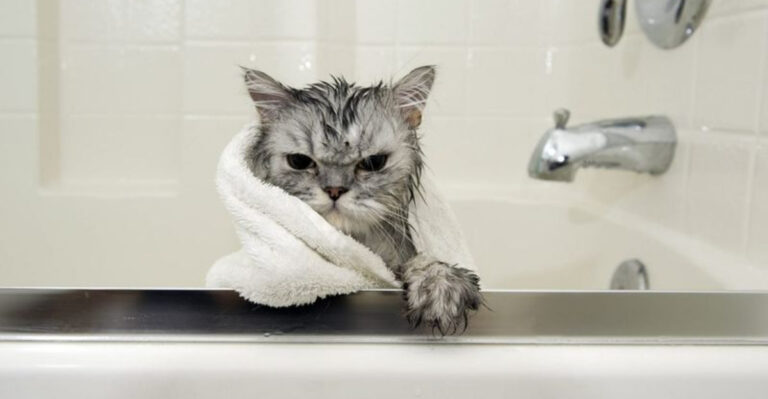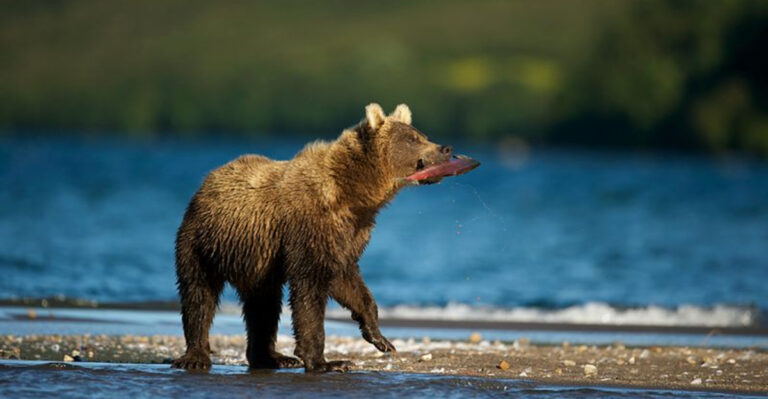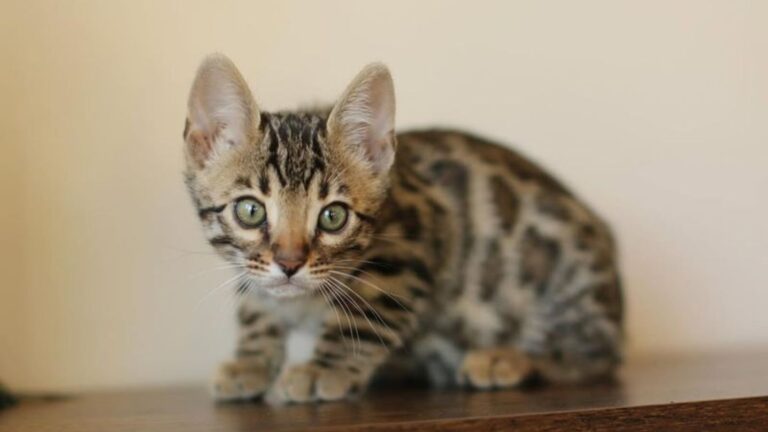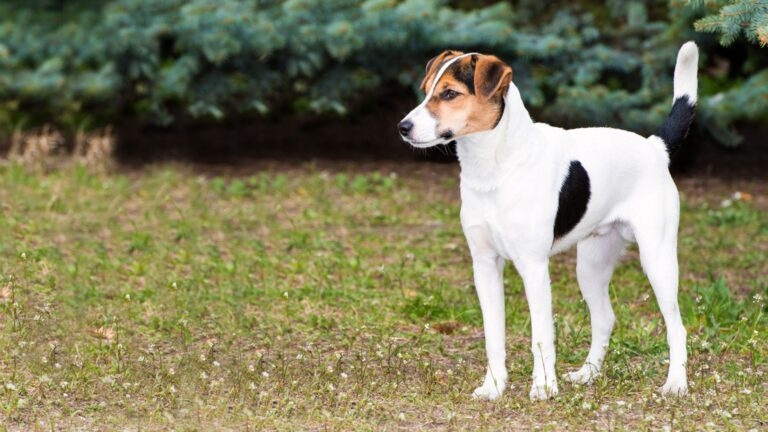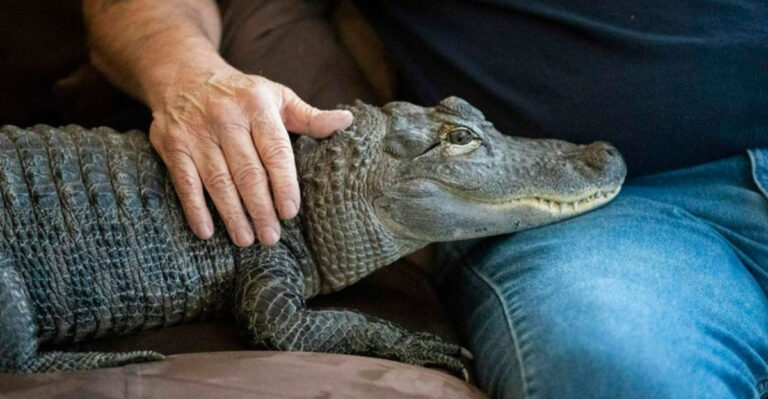12 Major Signs Your Senior Cat Is Slowing Down
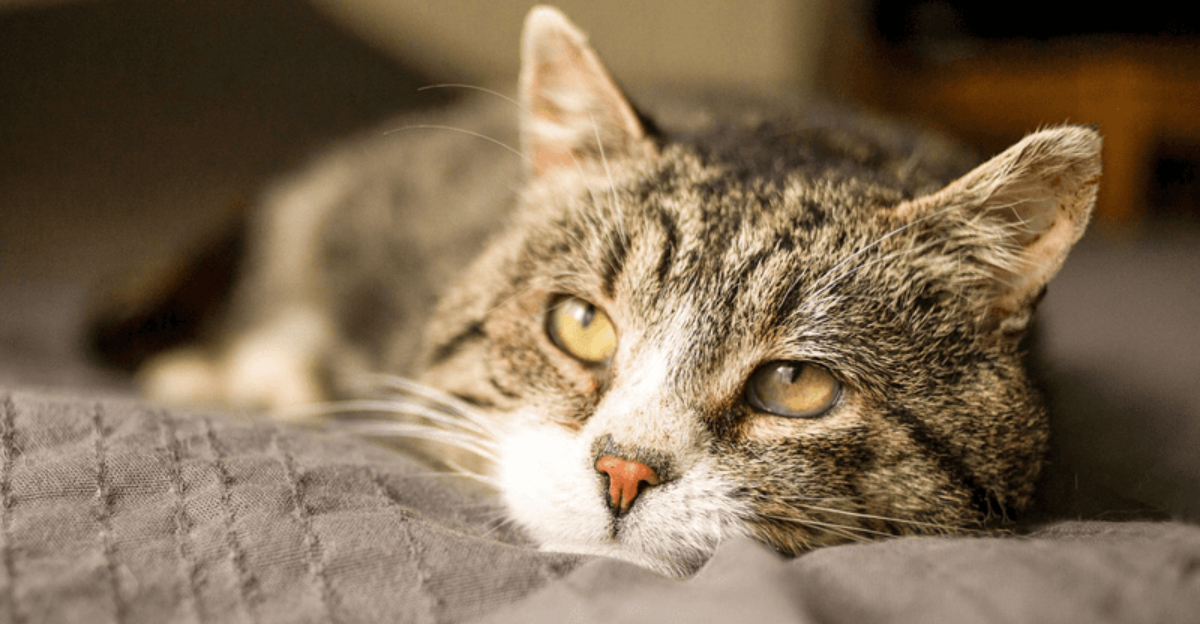
As our feline friends age, they may start to show some signs that they’re slowing down.
While each cat’s aging process is unique, there are some common indicators that your senior cat might be taking life at a more leisurely pace.
Let’s explore these signs together so you can ensure your beloved pet remains happy and healthy as they grow older.
1. Decreased Activity Levels
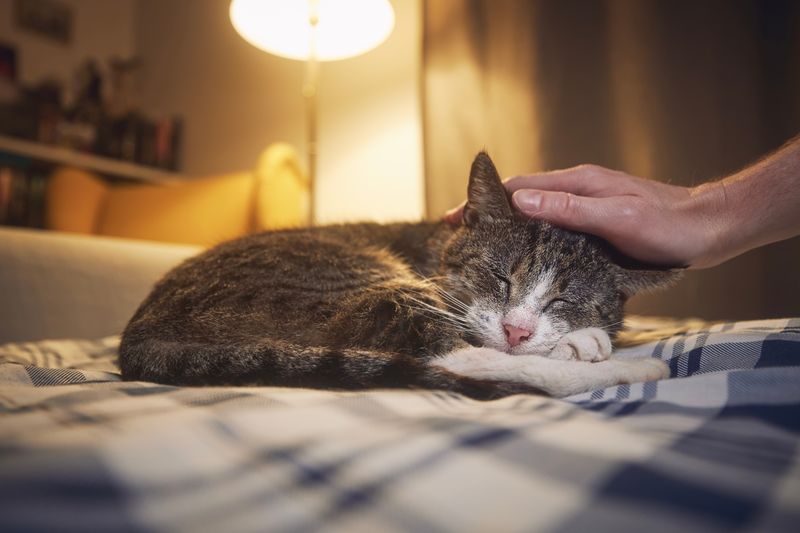
When your once-energetic cat starts preferring long naps in sunbeams over chasing toys, it could be a sign of aging. Senior cats often slow down and enjoy more rest.
These leisure-filled moments might remind you of lazy Sundays, but pay attention if you notice a significant drop in activity.
While a little rest is normal, a drastic change might indicate underlying health issues. Offering gentle playtime can help keep them more active.
2. Changes In Grooming Habits
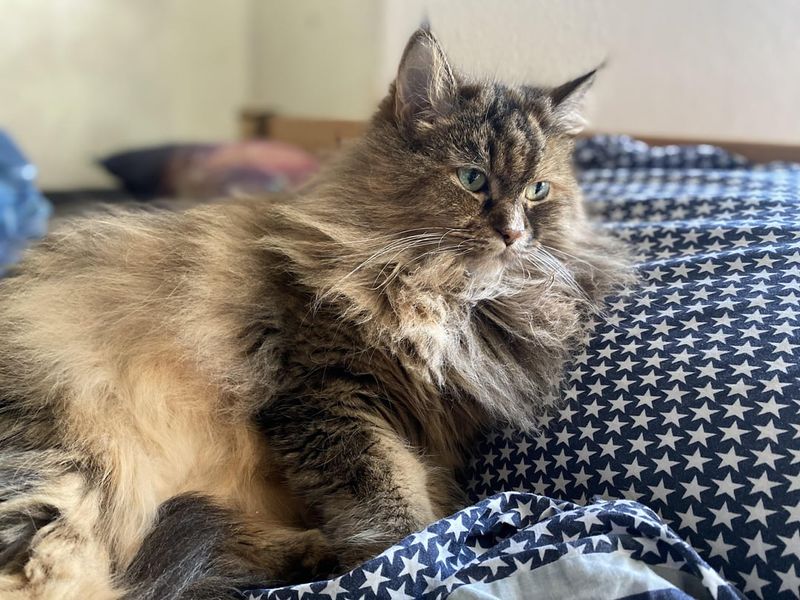
Cats are known for their meticulous grooming habits. However, as they age, you might observe a decrease in self-care.
Your senior cat may start missing spots or develop matted fur due to stiffness or discomfort, which is common.
Assist with gentle brushing to maintain their coat’s health and strengthen your bond through these tender moments.
3. Increased Vocalization
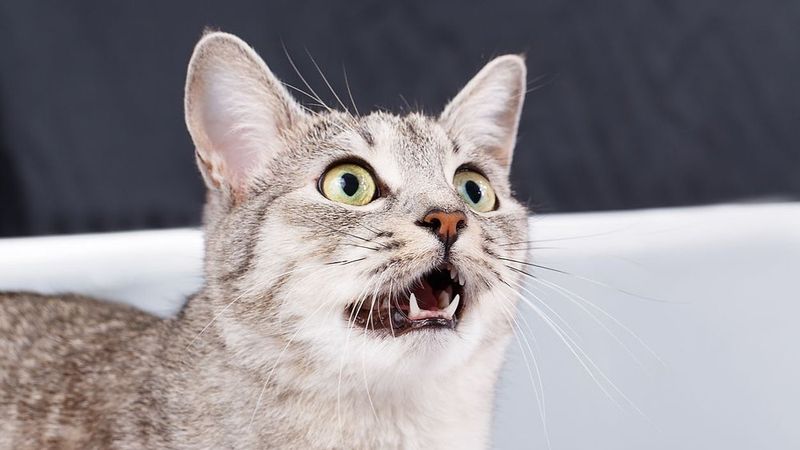
Has your senior cat become more chatty lately? Increased vocalization can be a sign of aging.
Your cat may be trying to communicate discomfort, confusion, or simply seeking more attention as they navigate their senior years.
Listening patiently and responding with affection can reassure them and strengthen your connection.
4. Weight Changes
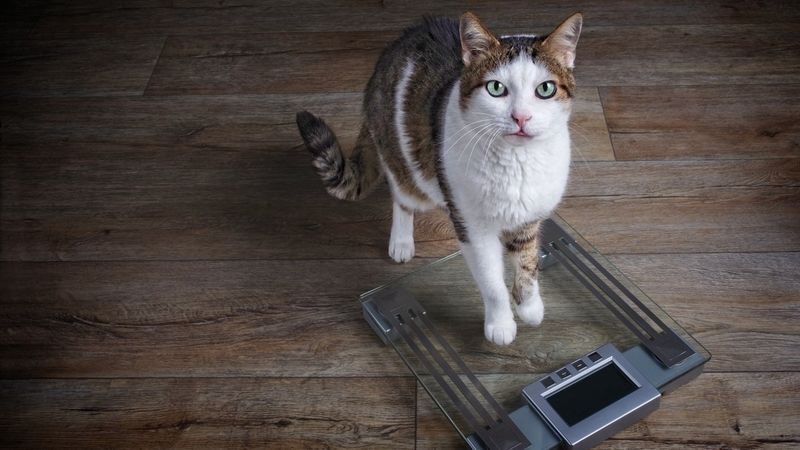
Fluctuations in weight are common in senior cats. Some might gain weight due to decreased activity, while others may lose weight because of health issues.
It’s important to monitor these changes closely, as they can indicate underlying health problems. Regular vet check-ups and a balanced diet tailored to their needs can help maintain a healthy weight.
5. Mobility Issues
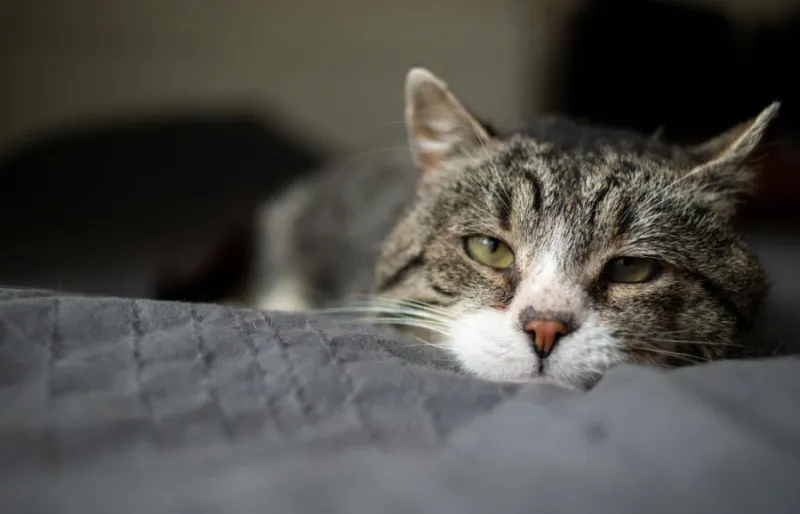
Senior cats often face mobility issues. You might notice your feline friend hesitating before jumping or avoiding stairs.
Arthritis is common in older cats, leading to stiffness and discomfort. Providing soft bedding and easy access to favorite spots can ease their daily life.
Consider consulting your vet for supplements or treatments to alleviate discomfort and improve mobility.
6. Changes In Sleep Patterns
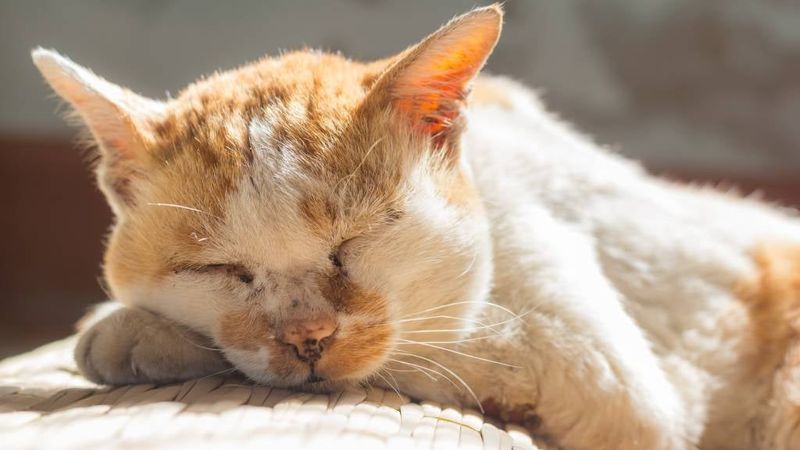
As cats age, their sleep patterns may change. Senior cats might sleep more during the day and become restless at night.
These changes can be due to discomfort or simply part of the aging process. Ensure they have a comfortable and quiet sleeping area.
Observe any drastic changes and consult your vet if needed to ensure they’re getting restful sleep.
7. Reduced Appetite
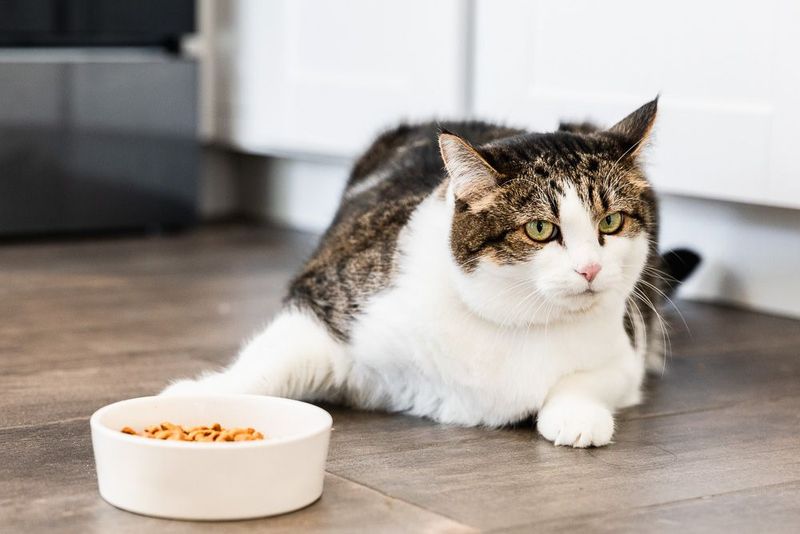
If your senior cat seems less interested in food, it might be a sign of aging. Reduced appetite can be caused by dental issues or a decrease in the sense of smell.
Offering wet food or warming up meals can make them more appealing.
Monitor their eating habits closely and consult your vet if you notice significant changes to prevent malnutrition.
8. Behavioral Changes
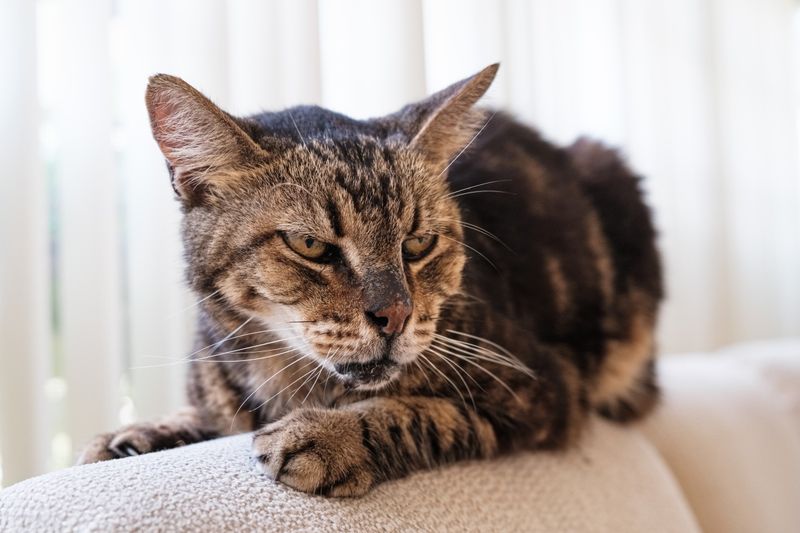
Behavioral changes are often part of the aging process. Your once-social kitty might become more withdrawn or less interactive.
These changes could stem from cognitive decline or general aging. Offering engaging toys and spending quality time together can help keep their mind sharp and spirits high.
9. Vision And Hearing Loss
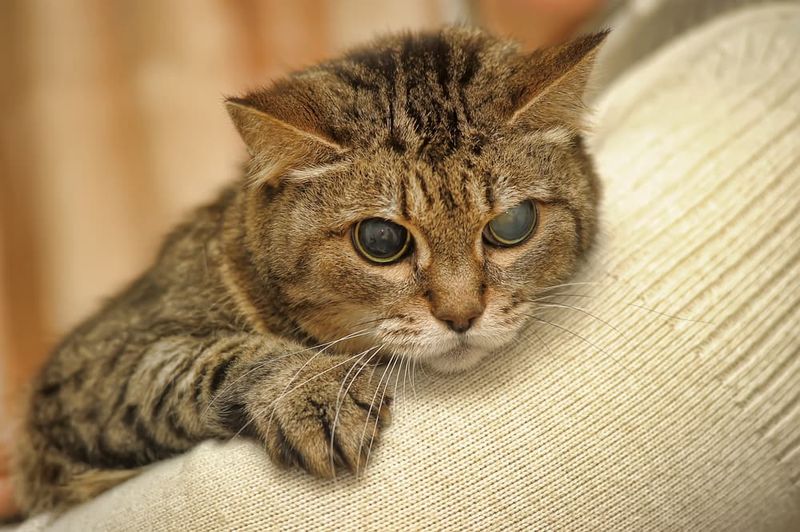
With age, a cat’s vision and hearing can diminish. You might notice your senior cat squinting or not responding to sounds.
These changes may lead to increased dependence on you for guidance and assurance. Ensure their environment is safe and consistent to help them navigate comfortably.
10. Dental Issues
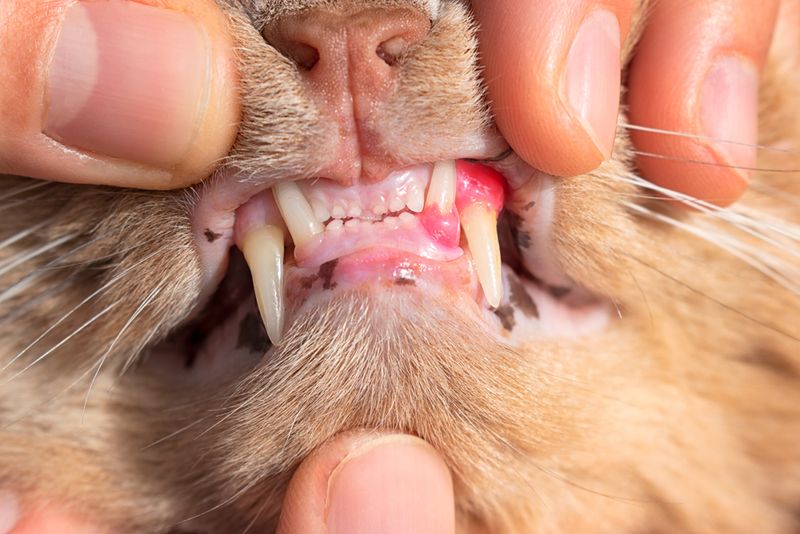
Dental health often declines as cats age. You might notice bad breath, red gums, or difficulty eating, which can indicate dental issues.
Regular dental check-ups and maintaining oral hygiene are crucial in preventing pain and discomfort. Consider dental treats or toys to help keep their teeth clean and healthy.
11. Increased Sleep
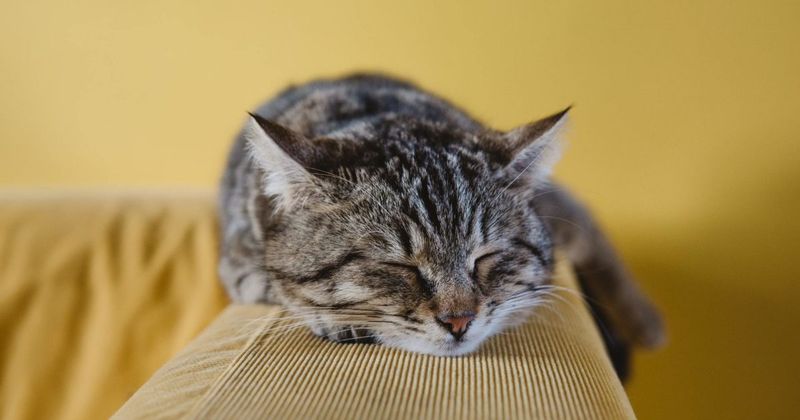
Cats are natural sleepers, but senior cats may spend even more time in dreamland. Increased sleep is normal but pay attention if it accompanies other symptoms like lethargy.
Ensure they have a cozy, safe sleeping area and observe any significant changes in sleep patterns, consulting your vet as needed.
12. Sensitivity To Temperature Changes
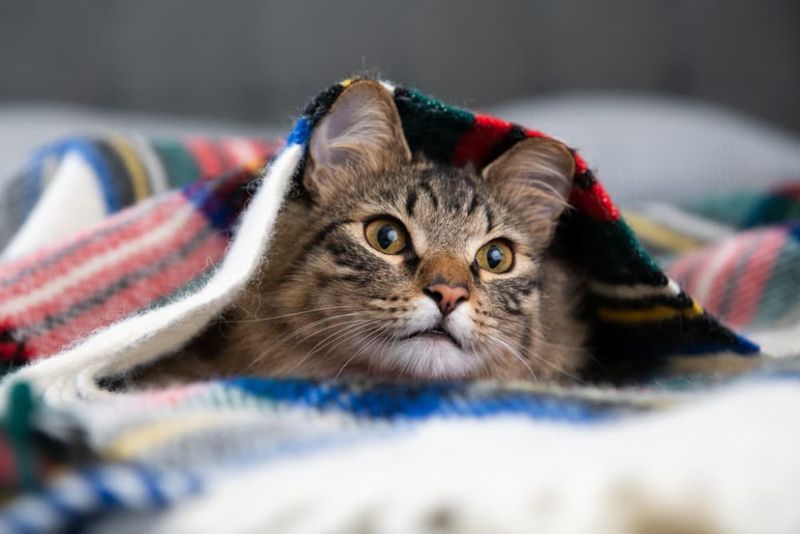
As cats age, they may become more sensitive to temperature changes. Your senior cat might seek warmth more often or seem uncomfortable in cooler environments.
Providing warm, cozy spots can ensure their comfort and well-being. Observe these behaviors to offer a consistently comfortable environment for your aging feline.

